
The Academic Skills Handbook
Your Guide to Success in Writing, Thinking and Communicating at University
Diana Hopkins, Tom Reid
- 344 pagine
- English
- ePUB (disponibile sull'app)
- Disponibile su iOS e Android
The Academic Skills Handbook
Your Guide to Success in Writing, Thinking and Communicating at University
Diana Hopkins, Tom Reid
Informazioni sul libro
This is your complete guide to acing your assignments and getting themost out of your time at university. Packed with tips, tools and a digital companion loaded with real-life examples, this book will help you:
- communicate your ideas with confidence and clarity
- watch your skills grow with diagnostic tools
- create your own study plan tailored to the skills you need
- know what your tutor is looking for and how to deliver
- turn your skills into success after university.
This book is specially designed to show you where your strengths are and what you need to work on, so you get a practice plan that is perfect for your needs. It then arms you with the principles and practice to get ahead in your academic writing, presentations and group work.
The Student Success series are essential guides for students of all levels. From how to think critically and write great essays to planning your dream career, the Student Success series helps you study smarter and get the best from your time at university. Visit the SAGE Study Skills hub for tips and resources for study success!
Domande frequenti
Informazioni
Part 1 Writing Skills
The big picture
Skills you’ll learn
- establish a solid foundation on which to build your academic expertise.
- learn from real students’ work, short tasks and activities.
- develop, practise and apply the five principles of good writing in your academic work: being accurate, being clear, being concise, being appropriate and being informed.
Chapter One Getting Started on Your Essay
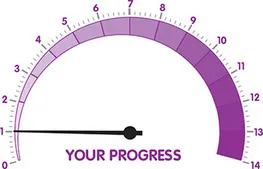

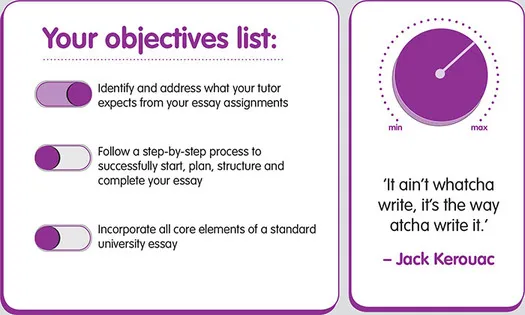
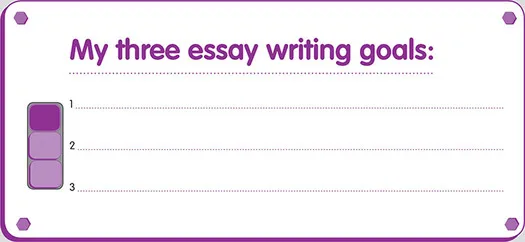
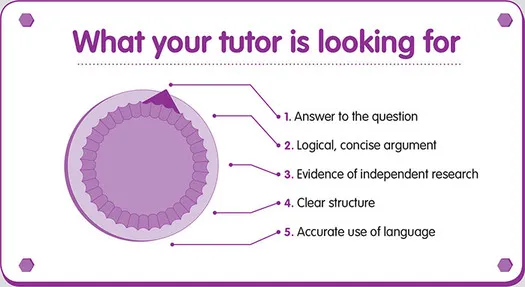
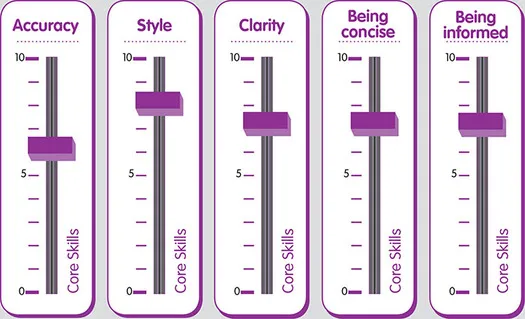

Diagnostic
How confident are you about your academic writing ability?
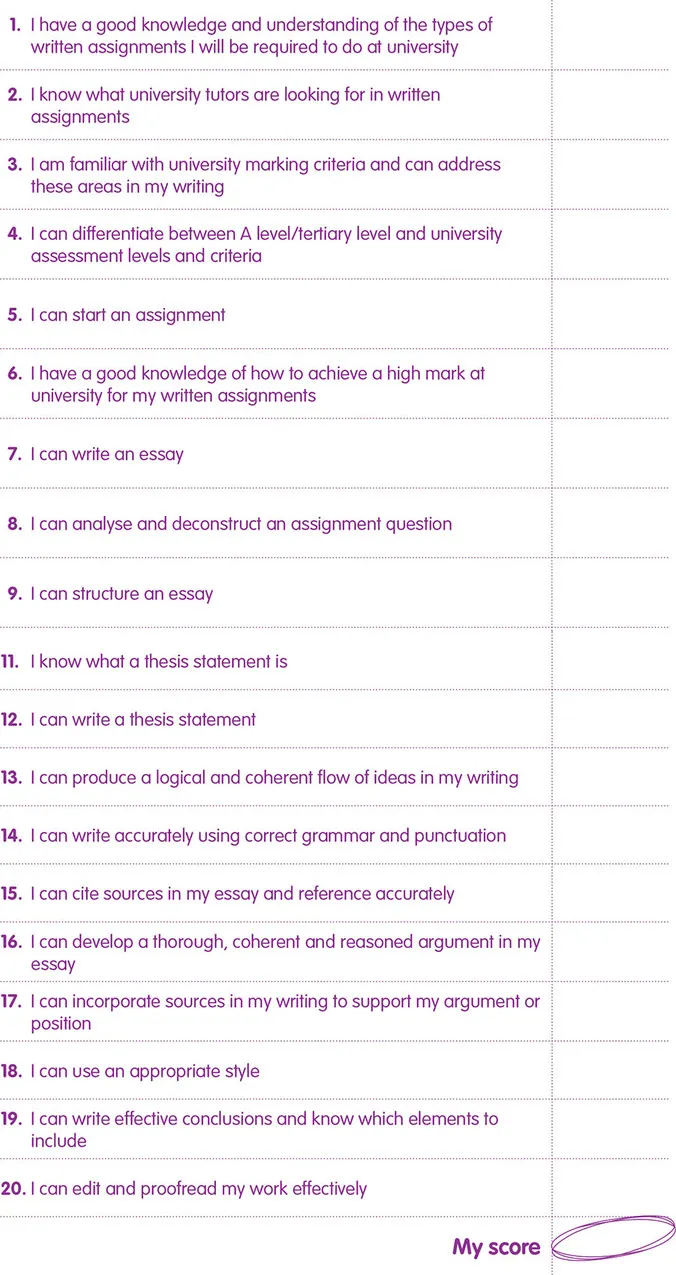
The academic essay
The complete essay
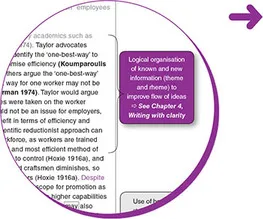
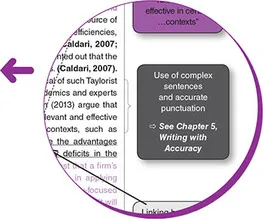
Essay types
- a. ‘Show what you know’-type essays. For example:
- Argument/Discussion Essay
- Requires you to investigate a topic, collect and evaluate evidence and present a reasoned and supported position.
- Problem–Solution Essay
- A type of argument essay that identifies a problem and proposes one or more solutions, supported by your investigation and research.
- Cause and Effect Essay
- Focuses on reasons why something happens (cause) and what happens as a result (effect).
- Reflective Essay
- Requires the writer to reflect and examine his or her own personal attitudes, experiences, thoughts and feelings about a specific topic or activity, and how this has impacted on their learning and/or life.
- Argument/Discussion Essay
- b. ‘Show what you think’-type essays. For example:
- Definition or Factual Essay
- Explores and explains what a specific term means. Terms can be concrete (e.g. nuclear fusion, greenhouse effect) or abstract (e.g. trust, caution, fear).
- Review Essay
- Asks you to summarise and critically evaluate one or more texts (e.g. a journal article, case study, chapter of a book).
- Definition or Factual Essay
Your Turn

Task 1
- To what extent do you consider the legacy of the Olympics justifies the expensa / be of staging such an event? a/b
- How is Homo sapiens adapted to environmental variatia / bon? a/b
- How can Archaeology be used to identify and explain the characteristics of the state? What are the key arguments used to explain increasing social complexity during primary a / bstate formation and in your view, which are the most convincing? a/b
- Critically assess the impact of the Challenger disaster on the effectiveness of engineering policy in the a / bUSA. a/b
- What is the role of slow- and fast-twitch muscle fibres in exercia / bse? a/b
